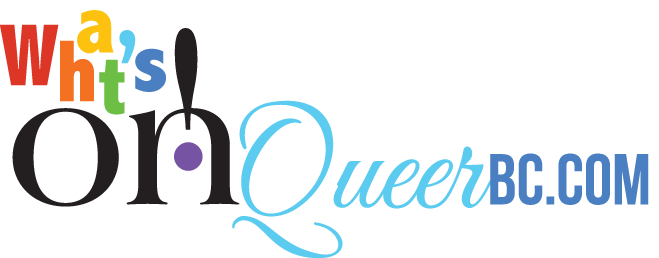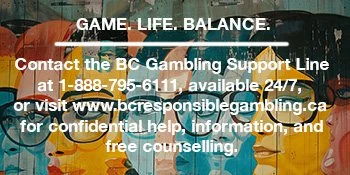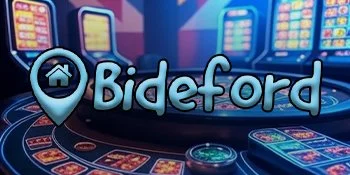Most Of Us Will Never be Loved Unconditionally in Society
Photo by Raphael Renter on Unsplash
Op-ed by Nayha Rupal
Most Of Us Will Never be Loved Unconditionally in Society
People have shown us repeatedly in time that being in a racialized or LGBTQ+ community is threatening. Some of us are still hopeful for the day when we feel accepted, heard, and appreciated, but will that day ever come?
A blog post written by Rose Saxe, who is now a Deputy Project Director for the American Civil Liberties Union and HIV project, stated she was bullied in her childhood; she was called insulting and offensive names which derived from the LGBTQ+ group from the age of 11 simply because she branched off from traditional gender expectations (LGBTQ Rights) . Another blog post by an individual named Germain Wilson who is a camera operator with CBC in Regina, Saskatchewan expressed his beliefs as a respectful and helpful father, employee, and resident of his hometown, yet was still called unnecessary racial slurs all his life as a black man (CBC News) .
Unfortunately, it is not just these two folks who have faced traumatic experiences of things they cannot control, like who they love or what colour their skin is; in fact, a 2007 survey from the Canadian Red Cross Society showed over 70% of kids from 13-15 years old that claimed they had been bullied online and 44% reported having bullied someone else at least once (Facts on Bullying). Members of Bullying Canada, a national anti-bullying charity service gave statistics which indicated the discrimination experienced among students who were either Lesbian, Gay, Bisexual, Trans-identified, Two-Spirited, Queer or Questioning (LGBTQ) to be three times more likely than heterosexual youth (Bullying Canada). Society always has idealized heterosexuality and fair skin, and because of this – it does not matter if a homosexual or a racialized individual is successful, established, or respectful, he/she will continue to be recognized by majority groups as minorities. What an unfair world we live in. Why is this way of living tolerated by people who belong to both groups? Why can't we be supported and celebrated by society for our victories and achievements, for our beliefs and uniqueness just like other people?
People like me do not fit under traditional societal standards, but I am okay with that. I am okay with accepting the fact that I may not fit in a traditional box made by higher authorities, but what I am not okay with, and you should not be either – is feeling like we must stand by silently and watch society give us emotional scars. Whether the trauma is given to us in the form of bullying, harassment, being limited to opportunities, or even as simple as being given a rude stare for the way we look. We should not feel like we must water ourselves down to be accepted by everyone in this world. You see, this very truth is what pains me to think about. The fact that many people of this world belong to at least one minority group, whether of race, gender, class, or sexuality – yet it is most of us who feel oppressed, judged, and discriminated against by more dominant groups.
Most of us will never be loved unconditionally, because there are certain factors that play a key role in this world which we as human beings have no control over – like who we love, or what color our skin is. A question arises – what would life have to come down to for everyone to be unconditionally appreciated? I believe we must live in a free world, but what exactly does that entail? The world would be free from social, cultural, and political labels, expectations, and standards, because then we would be free from potential judgement and hatred. To be able to view someone for the first time and be able to hold back from taking note of not what color their skin is or how they decide to present themselves, but what their messages are about; what issues inspire them to make positive changes, and how compassionate they are as regular people. As a society, we must not contribute to feeding ideas of placing people under grand expectations and standards, and just accept everyone for who they are, because true acceptance leads to a harmonized environment, a place of calmness and friendship, for Alaric Hutchinson once said, “Unconditional love is the outer expression of inner peace.”
Works Cited
“Facts on Bullying and Harassment.” Canadian Red Cross, www.redcross.ca/how-we-help/violence-bullying-and-abuse-prevention/educators/bullying-and-harassment-prevention/facts-on-bullying-and-harassment. Accessed March 20th, 2022.
Saxe, Rose. “It’s Always Been About Discrimination for LGBTQ people.” American Civil Liberties Union, 1 Dec. 2017, aclu.org/blog/lgbtq-rights/lgbtq-nondiscrimination-protections/its-always-been-about-discrimination-lgbt. Accessed March 25th, 2022.
Wilson, Germain. “I have no choice but to wear this skin – and some people hate me for it.” CBC News, 30 Jul. 2020, www.cbc.ca/news/canada/saskatchewan/colour-of-my-skin-pov-1.5659611. Accessed March 25th, 2022
“What are some important statistics to know about bullying?” Bullying Canada, www.bullyingcanada.ca/get-help/. Accessed March 30th, 2022










